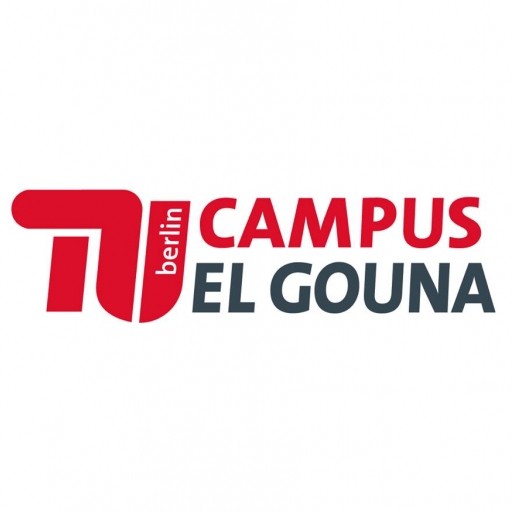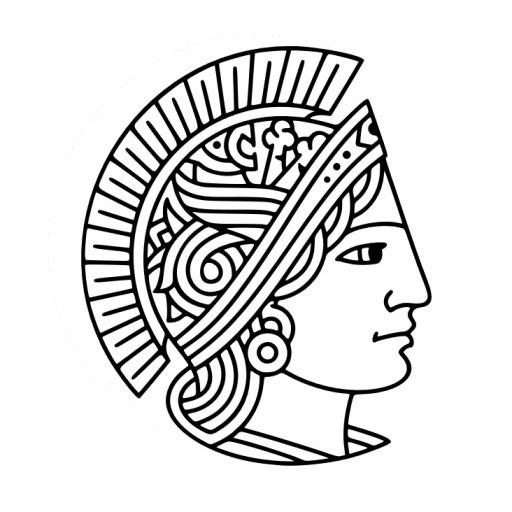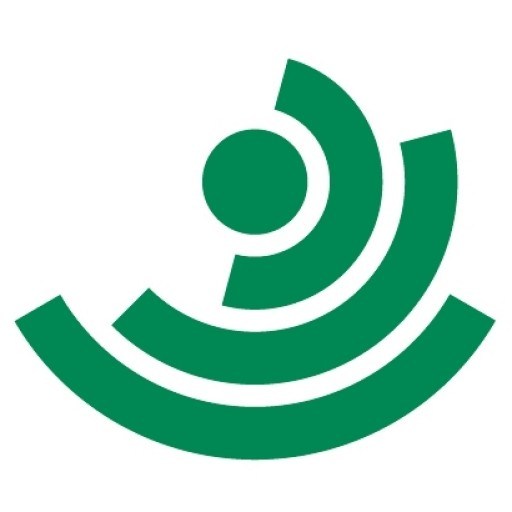Photos of university / #tu_berlin
This Master's programme prepares you for complex management and engineering tasks in the domain of software development for industrial applications. In the field of industrial applications, information technology is increasingly characterised by integrated solutions interconnecting systems on various levels. Its applications range from low-level control of production processes to high-level management and logistic tasks of multiple independent companies.
New methods and tools have been developed that are based on component-oriented software development together with role-based programming and design patterns. New methods are also available for the integration of heterogeneous systems. These methods are based on generic application protocols (e.g. Web Services) which can be customised for a given application.
Modern information systems must provide fast access and analysis capabilities for stored data. In addition to traditional technologies based on relational and object-oriented databases, new methods such as OLAP (Online Analytical Processing) and vector databases as well as new indexing technologies are increasingly being used.
On the application side, such a system has to support the business processes of the organisations involved. A system must at least support the logistic part of these processes. This includes management of resources and planning and monitoring of activities.
New methods and tools have been developed that are based on component-oriented software development together with role-based programming and design patterns. New methods are also available for the integration of heterogeneous systems. These methods are based on generic application protocols (e.g. Web Services) which can be customised for a given application.
Modern information systems must provide fast access and analysis capabilities for stored data. In addition to traditional technologies based on relational and object-oriented databases, new methods such as OLAP (Online Analytical Processing) and vector databases as well as new indexing technologies are increasingly being used.
On the application side, such a system has to support the business processes of the organisations involved. A system must at least support the logistic part of these processes. This includes management of resources and planning and monitoring of activities.
Educational organisation
The Master's programme comprises four semesters. The first two semesters provide theoretical knowledge in the domains of management, software engineering, and enterprise resource planning systems. In addition, seminars on recent developments in information systems and software engineering are offered.Students spend the third and fourth semesters doing an internship in a company in order to gain more practical experience. This period is also dedicated to training assignments in application-oriented research and development projects.
After successful completion of the programme, graduates are awarded a Master of Engineering (MEng) degree.
Internships
To deepen their knowledge and gain more practical experience, students spend the second year of the programme doing an internship in industry. Usually, most costs are covered through an industry stipend.We support our students in finding an appropriate internship and provide contact addresses for this purpose. So far, our students have conducted internships with companies such as IBM, Siemens, Rehau AG, ND SatCom, and the JRC (Joint Research Centre of the European Union).
Forms of assessment
Forms of assessment are exams, presentations and/or seminar papers. A Master's thesis is written during the last semester.To be awarded a Master's degree, 120 credit points must be earned. ECTS credits are awarded.
Course objectives
Experts possessing a good understanding of distributed systems in industrial environments combined with extensive experience are still rare on the market. Since this Master's programme provides theoretical background knowledge together with significant practical experience, it opens up the prospect of becoming a sought-after and well-paid expert.Graduates not only possess cutting-edge technological competence but also strong management and engineering skills - perfect prerequisites for a high-flying career in software engineering either in Germany or anywhere else in the world. Most of our students have found interesting and well-paid positions immediately after graduation with companies such as Siemens, ND SatCom, EADS, BOSCH or Texas Instruments, as well as with small and medium-sized companies in the local area of Franconia.
Language requirements
Applicants must be proficient in English: TOEFL 90 (Test of English as a Foreign Language), IELTS 6.5 (International English Language Testing Systems) or similar.German skills are not required in order to participate in the programme, as all lectures are held in English. However, it is mandatory for international students to attend introductory German classes in Hof.
Academic requirements
Applicants must hold a Bachelor's degree or similar from an accredited university in IT, Software, Engineering or a related subject. Professional work experience of at least one year in an IT related environment is required. Applicants must be proficient in English (TOEFL, IELTS), which is the language of instruction in all courses. Knowledge of German is not required for studying, but will become important during the internship period and will be a huge asset after graduation.Enrolment fees
Approx. 100 EUR per semesterCosts of living
Approx. 650 EUR per monthArrival support
Pick-up service from Hof train station, orientation weeks for international students, assistance in finding accommodationAccommodation
The Housing Office supports international students in finding appropriate accommodation in Hof or Münchberg.Housing Office
Hochschule Hof
Alfons-Goppel-Platz 1
95028 Hof
Germany
Phone: +49 (0) 92 81-4 09 31 77
Fax: +49 (0) 92 81-4 09 55 31 77
E-mail: borbala.thurnay@hof-university.de
Rent for a single room in a student residence is approximately 250 EUR plus additional costs for electricity. Rent for a private one-room apartment is approx. 300-400 EUR plus additional costs for water, heating, and electricity.










